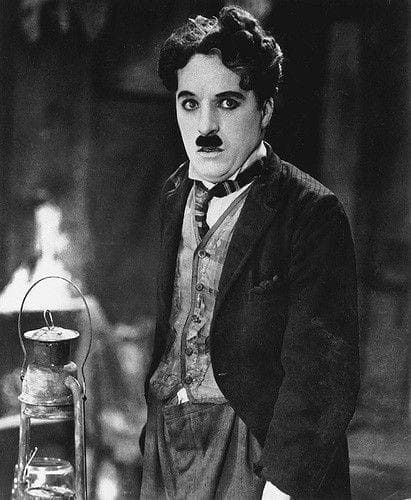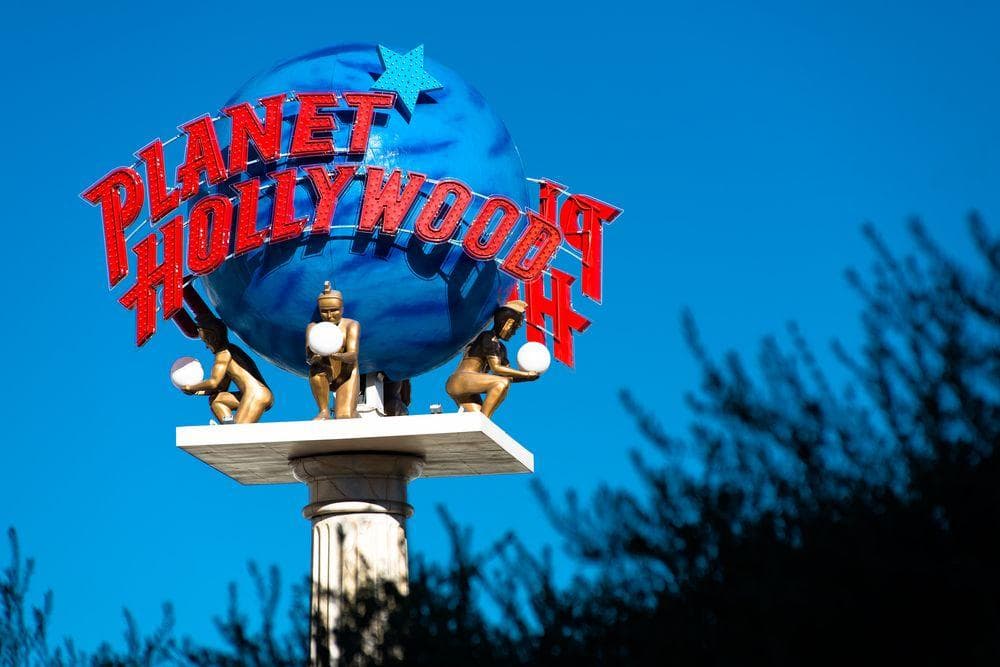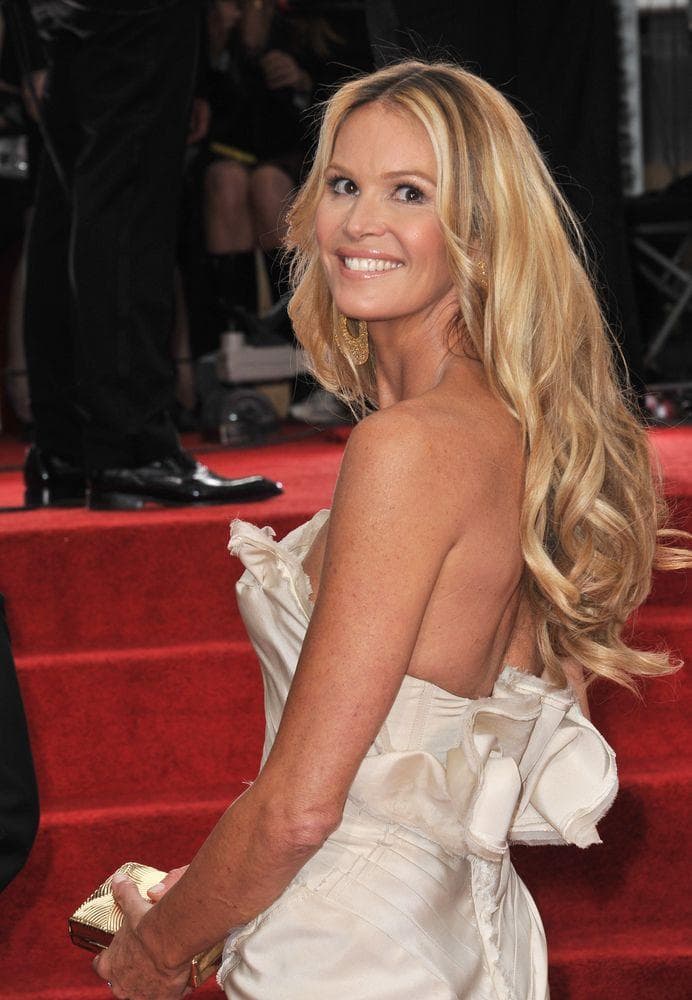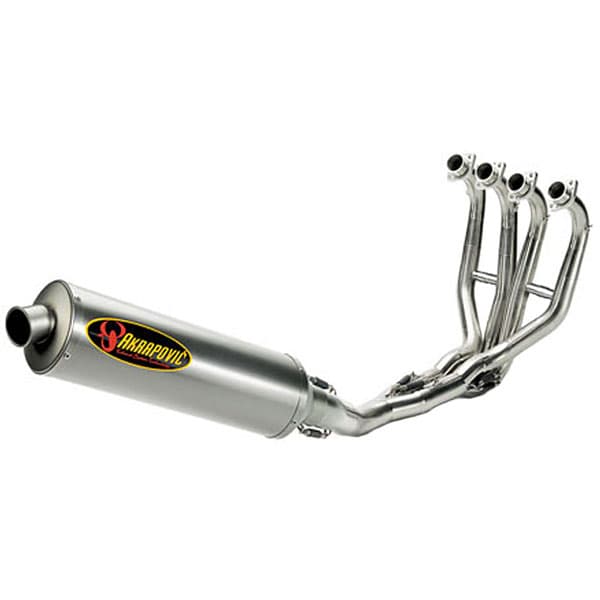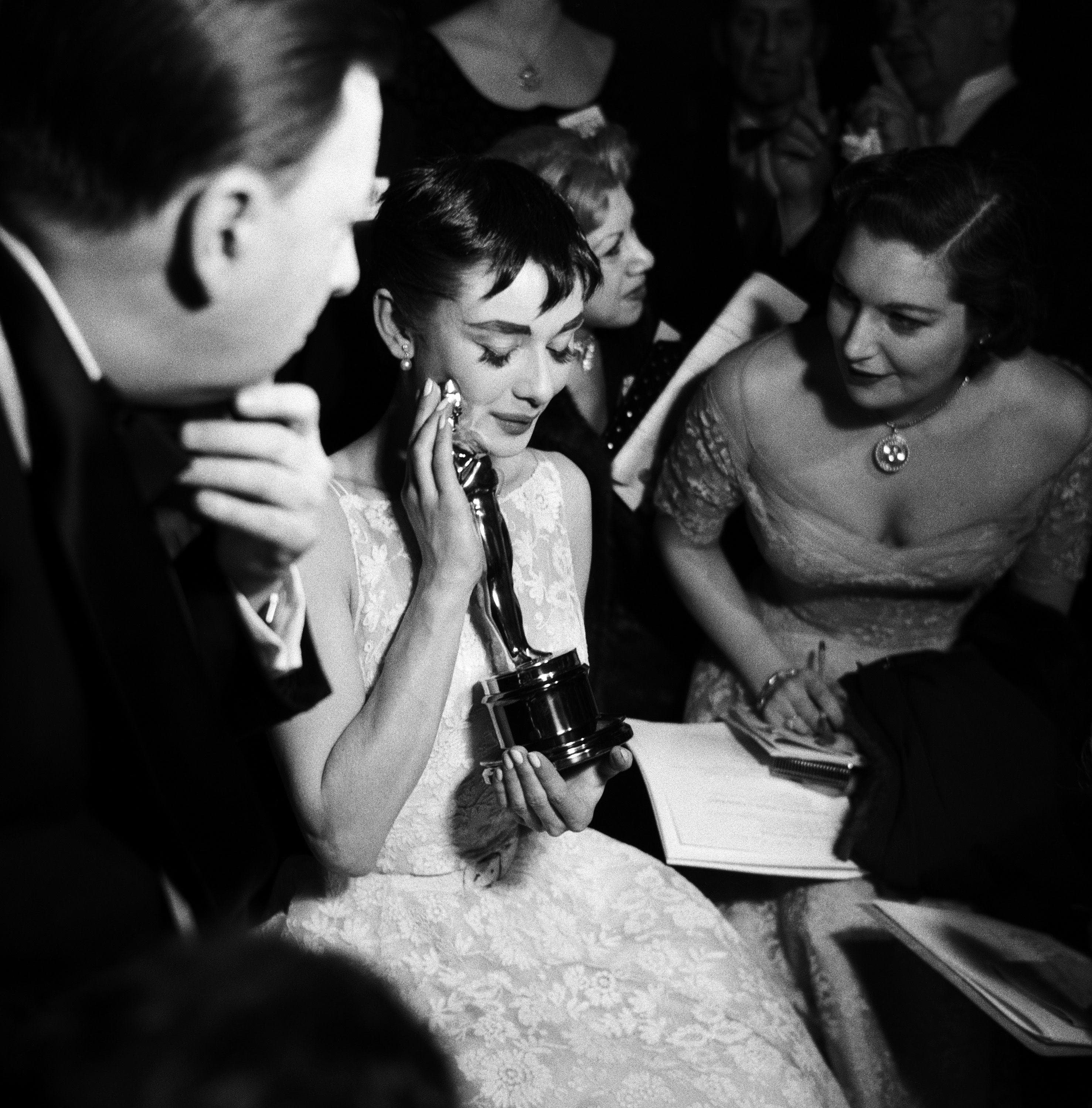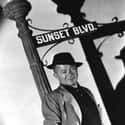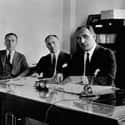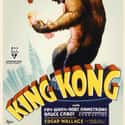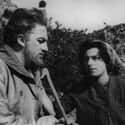-
(#11) Studios Operated A Bit Like Factories, And Had Key Creative Personnel Employed At All Times
The studio system was designed to churn out as many films as possible, assembly line-style. Studios produced a film each week, and by 1939, the United States had as many as 15,000 movie screens nationwide, all of which needed filling. Studios developed unique styles across a range of genres to establish a brand and to attract a loyal audience.
The volume of output required serious coordination and collaboration. Writers, directors, cinematographers, and other such talent were employed by studios, rather than working freelance, as they do in the 21st century. This created an ideal environment for collaboration, as writers, directors, and producers could drop in on one whenever they wanted to develop ideas or work on material. A director could be working with a writer on one script while directing another just a short walk away, at the same studio.
This system allowed studios to keep projects afloat if scheduling conflicts or other issues resulted in certain key personnel dropping out. If your star director couldn't work on the new script by your star writer, no big deal, because your other star director was under contract and at the studio every day, and would be more than willing to take over. This wasn't always true - in some cases, directors were co-writers on projects and insisted on seeing them to fruition.
Though the system was guilty of countless moral infractions, it obviously worked from a creative stand point - the quality of American films dipped significantly when the system fell apart.
-
(#14) United States v. Paramount Pictures
In 1948, the Supreme Court outlawed block booking and forced the Big Five to sell their theater chains, having deemed them in violation of antitrust laws. Studios were forced to produce higher-quality films, since theater programmers earned the right to be picky about what they screened. Studios couldn’t dump a raft of B movies on the little guys any more and eat up screens for the year.
The decision resulted in increased production budgets and a decrease in the number of films the studios made.
-
(#2) The Men Behind The Big Five Were Jewish Immigrants With A Background In Theater
Jewish immigrants Adolph Zukor, Louis B. Mayer, and brothers Harry, Albert, Samuel, and Jack Warner came to Hollywood when the vaudeville and burlesque circuit began to flag in the Northwest. They owned theaters that attracted working class immigrants and first generation Americans.
They chose Hollywood for several reasons. California was as far as they could get from Thomas Edison, who was more than happy to sue filmmakers for patent infringement. They also came for the weather. The warm and practically rainless climate allowed for longer production time, particularly inland from the coast. The terrain mirrored many other national and even international locations, and the light is perfect for filming.
The biggest reason they choose film over theater, though, is very simple: it was more profitable.
-
(#3) Block Booking
Studios sold films to theaters in blocks. A standard block contained of 20 or more features, one of which was a high quality picture with broad appeal, the rest of which were a grab bag of B-movies of varying quality. Theater owners weren’t fans of the block system, because it ate up the majority of the playbill for the year, but they had to go along in order to get the biggest films each year.
In many cases, when theater owners bid on block from a studio, some films included weren't even made yet. Because of this, programmers had no idea how bad a picture might be. What's more, if the final product differed from descriptions provided by the studio, programmers would have no idea to whom the project might appeal and how to promote and schedule it. Theaters were also required to take short films, which were tacked onto features. Block booking was a major impediment to theater owners meeting the taste of clientele.
On top of this, the Big Five owned controlling stakes in theater chains, which were exempt from block booking, and therefore would only show the best, most commercially successfully and high quality films. This cut into the business of theaters lashed to the block system.
-
(#15) International Cinema, Art House Theaters, And Roberto Rosselini Made The Hays Code Obsolete
By the late ‘40s/early ‘50s, small, independent theaters were more interested in screening foreign and independent films that weren’t hemmed in by the Hays Code than tame Hollywood fare. Increasingly, audiences preferred the gritty and realistic (Neorealism) or experimental and artistic (Bergman, Ozu, Mizoguchi) storytelling of foreign filmmakers to wholesome, water-downed American turd.
In 1952, the Supreme Court determined Italian filmmaker Roberto Rossellini’s controversial picture The Miracle was protected under the First Amendment in Joseph Burstyn, Inc. v. Wilson. The film contained contentious interpretations of Catholic imagery; many believed it mocked the virgin birth of Christ (although, come on, who is anyone to challenge the Italians on Catholicism, except maybe the Irish?).
The Hays Code slowly fell by the wayside, but Hollywood didn't have a rating system in place. Theaters billed potentially controversial films as “Recommended for Adults Only,” which only served to intrigue and attract audiences.
-
(#6) The Talent Scout System Was Wide Ranging And Ravenous
Hollywood talent scouts searched for fresh talent on Broadway, vaudeville, and radio. They were on the lookout for a fresh face just about anywhere, including the street.
In 1936, someone (by some accounts The Hollywood Reporter founder William R. Wilkerson, by others a talent scout) spotted 15-year-old Julia Jean Mildred Frances Turner drinking a soda outside a shop in Hollywood after she ditched a typing class. She was approached, brought to Marx Brother Zeppo (who was an agent as well as an actor) once her parents approved of the situation, signed with him in 1937, and cast in They Won’t Forget.
Turner was an instant success, not because of her talent (she had no lines and was killed off pretty quickly), but because of her tight skirt and chest-hugging sweater. Turner, who chose Lana as her first name, was known as the “Sweater Girl.”
Turner said of her studio years
”It was all beauty and it was all power. Once you had it made, they protected you; they gave you stardom. The ones who kept forging ahead became higher and higher and brighter and brighter and they were stars. And they were treated like stars. We had the best."
New Random Displays Display All By Ranking
About This Tool
It is not an exaggeration to say that the studio system has created Hollywood’s glory. The old Hollywood studio system is a production model for large companies in American movie history to produce movies. The filmmaker takes the lead and emphasizes the role of the movie stars. The studio system has a decisive influence on the future development of Hollywood.
You must watch lots of Hollywood movies, but most people don't know the facts about how the old Hollywood studio system worked, our generator will help you to get more details, and it has more interesting content, you could search for other things with the tool.
Our data comes from Ranker, If you want to participate in the ranking of items displayed on this page, please click here.

